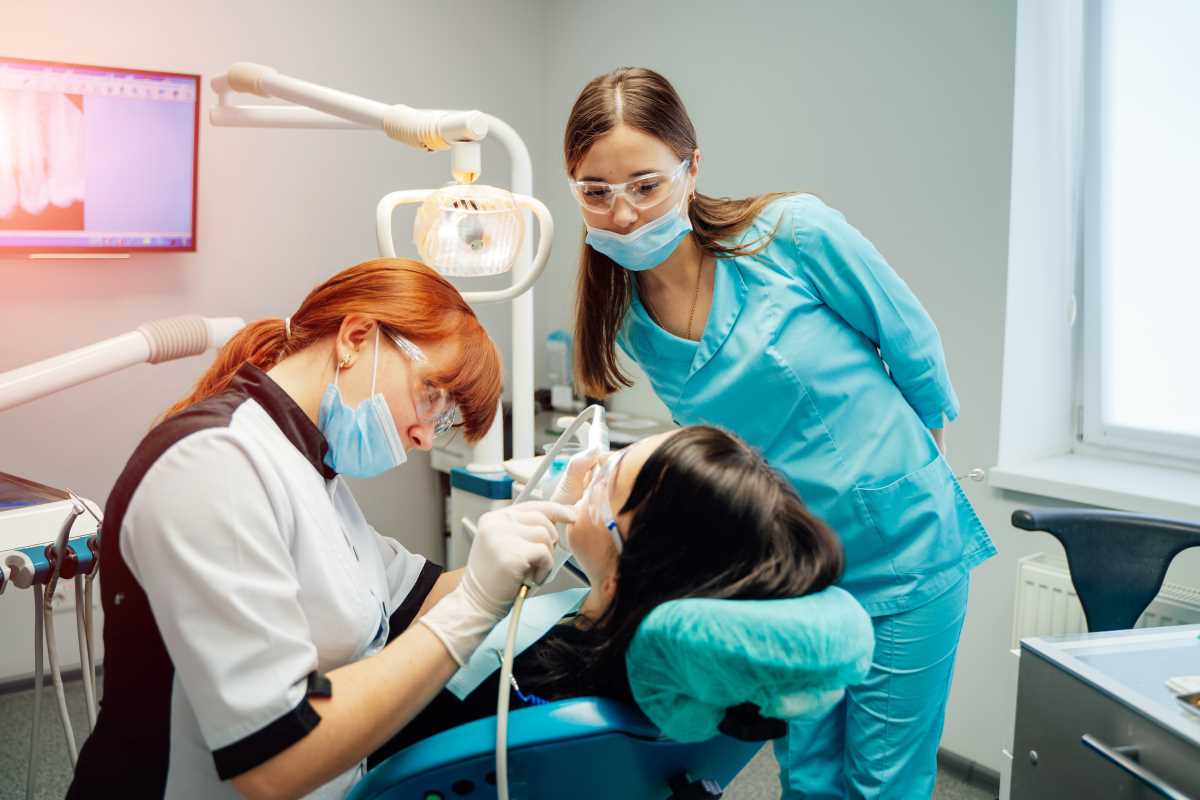Maintaining good hygiene practices is essential for overall health and well-being. Good hygiene helps prevent the spread of illness, promotes social acceptance, and enhances self-esteem. Incorporating simple hygiene habits into your daily routine can make a significant difference in your health and comfort.
Regular Hand Washing
One of the most effective ways to maintain hygiene is through regular hand washing. Hands are often the primary carriers of germs and bacteria, making it crucial to wash them frequently. It is recommended to wash your hands before eating, after using the restroom, and after returning home from public places. Use soap and water for at least 20 seconds, ensuring that you clean between your fingers and under your nails. If soap and water are not available, using an alcohol-based hand sanitizer can be an effective alternative. Keeping hand sanitizer handy in your bag or car can encourage this practice when you’re on the go.
Oral Hygiene
Maintaining oral hygiene is vital for both dental health and overall well-being. Brush your teeth at least twice a day, preferably in the morning and before bedtime. Use fluoride toothpaste to help strengthen tooth enamel and prevent cavities. Don’t forget to floss daily to remove food particles and plaque from between your teeth, which a toothbrush can’t reach. Regular visits to the dentist for check-ups and cleanings are also essential for maintaining oral health. These practices help prevent tooth decay, gum disease, and bad breath, contributing to overall hygiene.
Showering Regularly
Showering is an important aspect of personal hygiene that helps remove dirt, sweat, and bacteria from the skin. It is generally recommended to shower daily, especially after exercising or engaging in activities that cause sweating. Choose a gentle cleanser that suits your skin type, and avoid harsh soaps that can strip the skin of its natural oils. Pay attention to areas prone to odor, such as armpits and feet, and make sure to rinse thoroughly to eliminate soap residue. If you have specific skin concerns, consider consulting a dermatologist for personalized recommendations.
Skincare Routine
Incorporating a daily skincare routine can help maintain skin health and hygiene. Cleanse your face twice a day using a mild cleanser to remove impurities and excess oil. Follow up with a moisturizer to keep your skin hydrated. If you wear makeup, ensure you remove it thoroughly before bed to prevent clogged pores. Additionally, using sunscreen during the day can protect your skin from UV damage and prevent premature aging. A consistent skincare routine can enhance your appearance and promote self-confidence.
Nail Care
Maintaining clean and trimmed nails is another important aspect of personal hygiene. Regularly wash your hands and keep your nails short to prevent dirt buildup. If you enjoy nail polish, choose non-toxic options and avoid using old or chipped polish. Remember to push back your cuticles gently and moisturize your hands and nails to keep them healthy. If you notice any signs of infection or unusual changes in your nails, consult a healthcare professional.
Clean Clothing
Wearing clean clothes is essential for good hygiene and personal presentation. Change into fresh clothing daily, and wash your clothes regularly according to the fabric care instructions. Pay special attention to undergarments, socks, and workout attire, as these can retain odors more easily. Proper laundering not only keeps your clothes looking good but also reduces the risk of skin irritations and infections. Additionally, wearing breathable fabrics can help keep you comfortable and reduce sweating.
Home Hygiene
Maintaining hygiene extends beyond personal care to your living environment. Regularly clean and disinfect commonly used surfaces, such as countertops, doorknobs, and light switches. Pay attention to areas that can harbor bacteria, such as the kitchen and bathroom. Establish a cleaning schedule to ensure your home remains tidy and sanitary. Additionally, keep your living space organized, as a clutter-free environment contributes to mental well-being and reduces stress.
Food Safety
Practicing good hygiene in the kitchen is crucial for food safety. Always wash your hands before preparing or handling food. Use separate cutting boards for raw meats and vegetables to prevent cross-contamination. Store food at the appropriate temperatures to avoid spoilage and ensure leftovers are consumed within a few days. Regularly check expiration dates and throw away any expired products to maintain a safe cooking environment.
Stay Hydrated
Staying hydrated is an essential part of overall health and hygiene. Drinking plenty of water helps maintain bodily functions, supports digestion, and keeps your skin healthy. Carry a reusable water bottle with you to encourage hydration throughout the day. Aim for at least eight glasses of water daily, adjusting based on your activity level and climate. Proper hydration can enhance your overall well-being and contribute to good hygiene.







